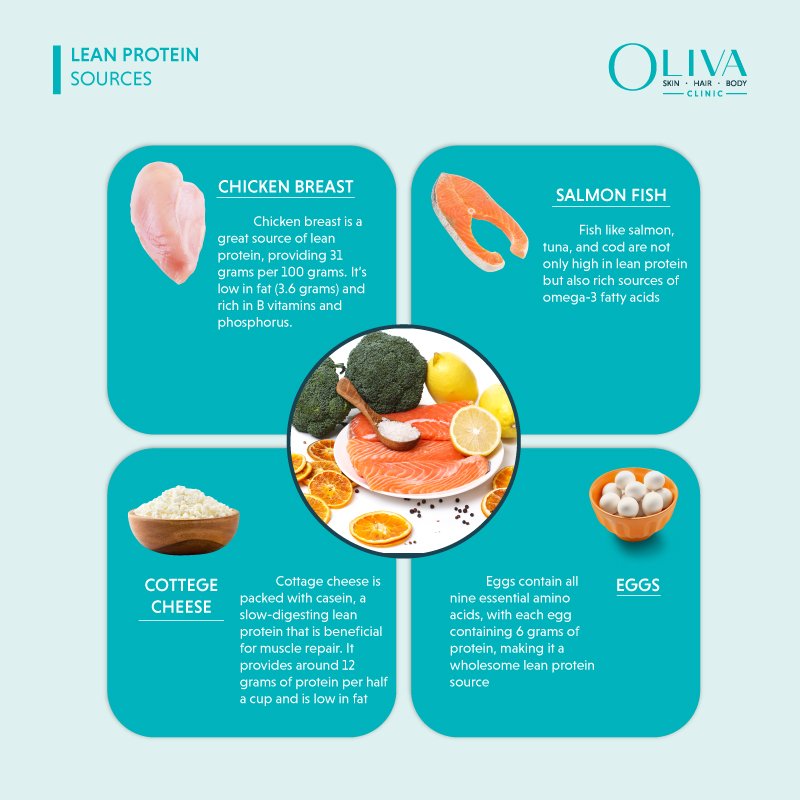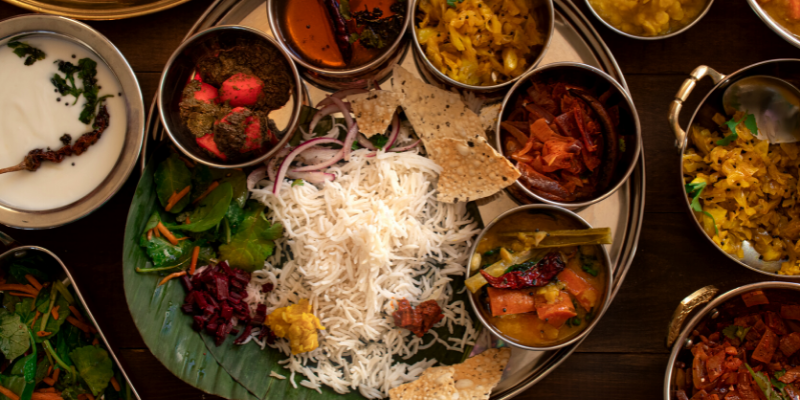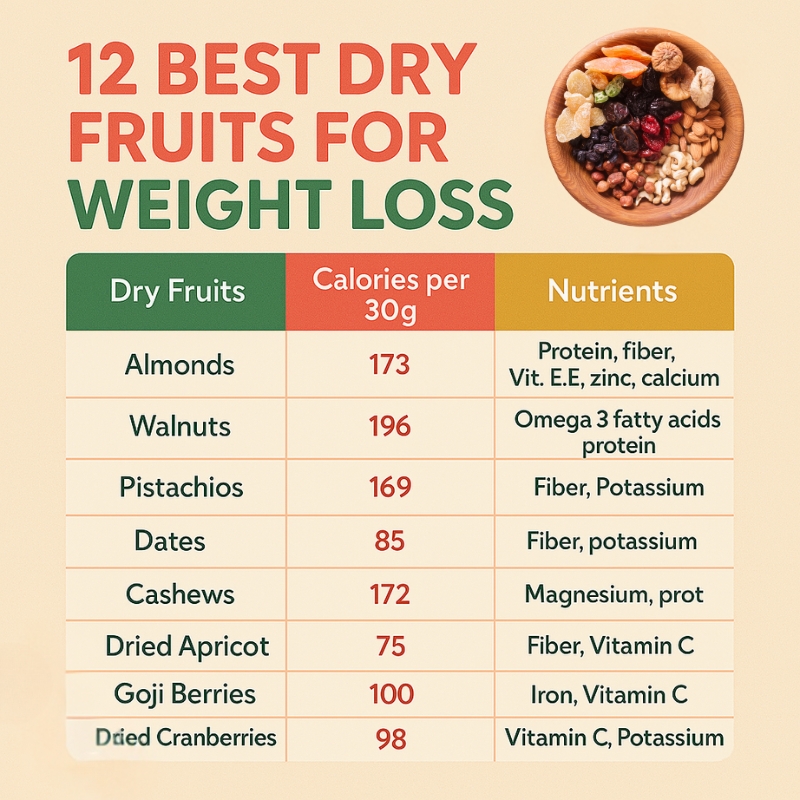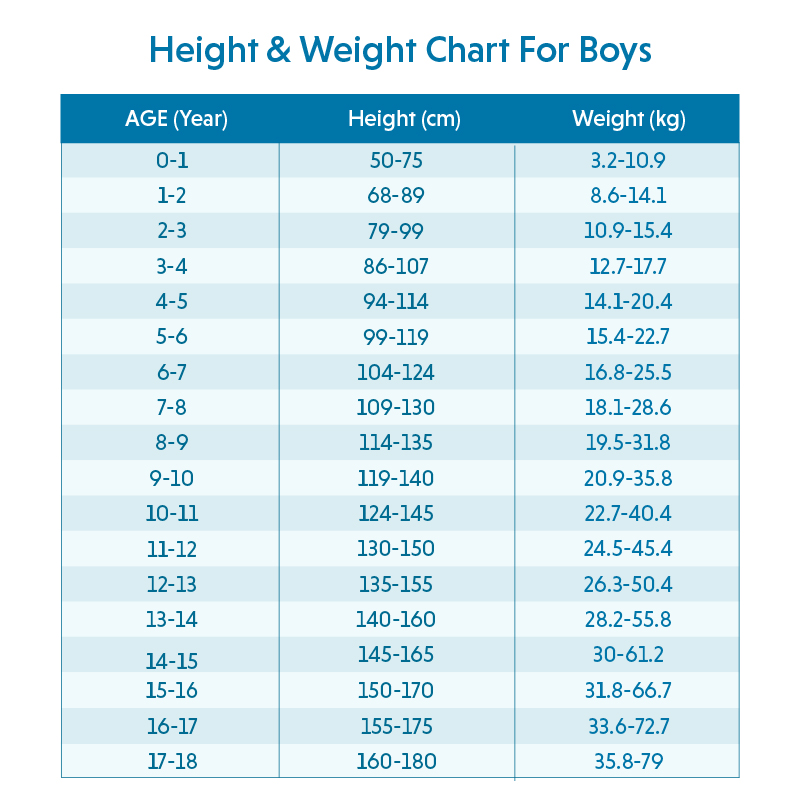In This Article
Top 14 Lean Protein Foods to Build Muscle and Lose Weight
Are you looking to eat healthy and focus on a protein-rich diet? If yes, lean protein foods are a must-have intake that will support your muscle growth, help maintain a healthy weight, and promote your overall well-being. You can gain significant health benefits by incorporating lean protein sources into your daily meals. [1] They also help keep your calorie intake in check by keeping you satiated for long. In this article, let us learn about 14 of the best sources of lean protein that are both nutritious and versatile. Add them to your grocery list to create a balanced and protein-rich diet.
In This Article

Top 14 Lean Protein Foods To Consider
Here are some of the best lean protein sources you must include in your everyday diet to stay fit, healthy, and energetic:
-
Chicken Breast:
Nutritional Value:
Chicken breast is a power-packed, lean protein option, providing approximately 31 grams of protein per 100 grams with low fat content. Lean protein chicken breast preparations are also rich in B vitamins, phosphorus and selenium.
Calories:
165 calories per 100 grams . [2]
How To Include:
You can easily grill, bake, or boil chicken breast. Add it to your salads and sandwiches, or serve it alongside vegetables for a complete meal. You can cook chicken breast in bulk for meal prep throughout the week.
Health Benefits:
As a lean protein-rich food, chicken breast aids in muscle repair and maintenance . [3] Its high-protein, low-fat content can help you achieve your weight loss goals.
Takeaway:
Chicken breast is one of the best lean protein meals for those looking for low-fat, high- protein sources
-
Turkey Breast:
Nutritional Value:
Turkey, primarily the breast cut, is a great lean protein source to include in your weekly meals. It offers around 25 grams of protein per 100 grams and is low in fat. This makes it perfect for those focusing on weight management . [4]
Calories:
155 calories per 100 grams. [5]
How To Include:
You can roast turkey slices to make a healthy sandwich or use strips of meat in your salads. You can cook it in bulk and use it throughout the week.
Health Benefits:
Turkey is an excellent option for weight-watchers, as it supports muscle building, is high in protein and has a very low fat content.
Takeaway:
Turkey is one of the most versatile lean protein foods and is helpful for those looking to manage their weight.
-
Fish (Salmon, Tuna, Cod):
Nutritional Value
Fish like salmon, tuna, and cod are not only high in lean protein but also rich sources of omega-3 fatty acids, making them healthy options for your heart health. Most fish offer around 15-18 grams of protein per 100 grams . [6]
Calories:
85 to 205 calories per 100 grams, depending upon the fish variety.
How To Include:
You can grill or bake your fish to make a yummy and healthy main course. Use them in salads and sandwiches, or enjoy with a bowl of rice or sautéed veggies.
Health Benefits:
The combination of lean protein and omega-3 fatty acids in fish helps reduce inflammation, support heart health, and maintain muscle mass.
Takeaway:
Fish is an excellent lean protein-rich food with benefits that can improve your heart health.
-
Eggs:
Nutritional Value:
Eggs contain all nine essential amino acids, with each egg containing 6 grams of protein [7], making it a wholesome lean protein source.
Calories:
78 calories per large egg.
How To Include:
You can boil, scramble, poach, or bake eggs, as they are versatile and can enhance any meal. They are perfect for breakfast, snacks, or a salad topping.
Health Benefits:
They are a complete protein source aiding in muscle repair and building, while their low-calorie content makes them ideal for keeping your weight in check.
Takeaway:
Eggs are one of the most accessible and versatile lean protein foods, perfect for any meal of the day.
-
Greek Yoghurt:
Nutritional Value:
Greek yoghurt is one of the top foods that contain lean protein, offering around 10 grams of protein per 100 grams. It is also low in sugar and provides probiotics that support gut health.
Calories:
117 calories per 100 grams. [8]
How To Include:
Enjoy Greek yoghurt for breakfast, as a snack, or a smoothie base. You can also add fruits and nuts and enjoy it as a dessert.
Health Benefits: Greek yoghurt supports muscle repair and gut health, while its low-calorie content helps you maintain a healthy weight. [9]
Takeaway:
Greek yoghurt is one of the best sources of lean protein for those seeking a low-sugar, high-protein snack. It is also a seamless accompaniment to the best lean protein meals from any cuisine.
-
Cottage Cheese:
Nutritional Value:
Cottage cheese is packed with casein, a slow-digesting lean protein beneficial for muscle repair. It provides around 12 grams of protein per half a cup and is low in fat. [10]
Calories:
90 calories per half a cup
How To Include:
Pair cottage cheese with fruits, add it to salads or you can have it as a snack. You can also blend it into smoothies for a creamy texture.
Health Benefits:
Cottage cheese offers plenty of benefits, including supporting muscle recovery and maintenance, bone health, boosting metabolism, easing digestion, has lower calorie content – all aiding your weight loss efforts.
Takeaway:
Cottage cheese is a versatile and nutrient-rich lean protein food that supports muscle health and is easy to incorporate into daily meals.
-
Tofu:
Nutritional Value:
Tofu is one of the many plant-based lean protein sources, offering around 12.7 grams of protein per 100 grams. It is also low in fat and cholesterol-free, making it an excellent option for vegetarians and vegans. [11]
Calories:
145 calories per 100 grams.
How To Include:
Use tofu in stir-fries, salads, or soups. You can also marinate, grill or add it to your smoothies for a protein boost.
Health Benefits:
Tofu is a complete protein source for vegetarians that aids in weight management and supports heart health.
Takeaway:
It is the best plant-based lean protein source that suits a variety of dietary preferences.
-
Lentils:
Nutritional Value:
Lentils are a nutrient-dense lean protein food, offering around 9 grams of protein per 100 grams of cooked lentils. They are also rich in fibre, which aids digestion and helps maintain a healthy gut. [12]
Calories:
116 calories per 100 grams of cooked lentils.
How To Include:
You can add lentils to soups, stews, salads, or use them to make a base for vegetarian burgers, and dips.
Health Benefits:
Lentils support digestive health, provide sustained energy, and help maintain muscle mass with their high protein and fibre content.
Takeaway:
Lentils are a fibre-rich lean protein source that supports both muscle health and digestion.
-
Almonds:
Nutritional Value:
Almonds are a protein-rich nut, offering around 21.5 grams of protein per 100 grams. They are also packed with healthy fats, vitamin E, and magnesium. [13]
Calories:
579 calories per 100 grams.
How To Include:
Enjoy almonds as a snack, add them to salads, or use almond butter in smoothies or spread on whole-grain toast.
Health Benefits:
Almonds support heart health, provide sustained energy, and are an excellent source of plant-based protein and healthy fats.
Takeaway:
Almonds are a convenient and nutritious lean protein-rich food that supports heart health and provides energy.
-
Beans (Black Beans, Kidney Beans):
Nutritional Value:.
Beans such as black beans and kidney beans offer about 7-9 grams of protein per half a cup. They are also an excellent source of fibre and iron, making them a nutrient-dense addition to any diet. [14]
Calories:
110 – 125 calories per half a cup.
How To Include:
You can add beans to soups, stews, or salads. They can also be used as a base for vegetarian burgers or mixed into rice dishes for a hearty meal.
Health Benefits:
Beans support heart health by lowering cholesterol levels, thanks to their high fibre content. The combination of protein, fibre, and iron helps maintain energy levels and promote digestive health.
Takeaway:
Beans are among the foods that contain lean protein and are perfect for creating some of the best lean protein meals that support heart and digestive health.
-
Lean Beef:
Nutritional Value:
Lean beef is a high-quality lean protein source, offering around 32 grams of protein per 100 grams, with low-fat content, especially in cuts like sirloin or tenderloin. It is also rich in essential nutrients like iron and zinc. [15]
Calories:
157 calories per 100 grams.
How To Include:
Grill or pan-sear lean beef, or use lean ground beef in dishes such as chilli, tacos, or spaghetti Bolognese. Lean beef can also be paired with vegetables for a balanced meal.
Health Benefits:
The high protein content in lean beef supports muscle recovery and growth, making it an excellent option post-workout. The low-fat content makes it a healthier option than fattier meat cuts.
Takeaway:
Lean beef is one of the best sources of lean protein, particularly for those focused on muscle recovery. Its high lean beef protein content makes it a staple in the best lean protein meals.
-
Peanuts:
Nutritional Value:
Peanuts are packed with proteins, offering around 7 grams of protein per 28 grams (about a handful). They are also rich in healthy fats, fibre, and essential nutrients like vitamin E and magnesium. [16]
Calories:
161 calories per 28 grams.
How To Include:
You can enjoy peanuts as a snack, add them to salads and smoothies, or use peanut butter or spreads in your desserts and on whole-grain toast.
Health Benefits:
Peanuts support heart health by providing healthy fats that help reduce cholesterol levels. They are also a great source of energy and can help maintain muscle mass due to their protein content.
Takeaway:
Peanuts are among the top foods that contain lean protein. They are a convenient, nutritious option that supports heart health and offers sustained energy throughout the day.
-
Soya Chunks:
Nutritional Value:
Soya chunks are a fantastic plant-based lean protein source, offering an impressive 52 grams of protein per 100 grams. They are low in fat and rich in iron and calcium, making them a nutrient-dense choice. [17]
Calories:
345 calories per 100 grams
How To Include:
You can include soya chunks in stir-fries, curries, or salads. You can also soak them and add them to soups or stews for a protein boost.
Health Benefits:
Soya chunks are excellent for muscle growth and repair. That is why they are ideal to meet the protein needs of vegetarians and vegans. They are also high in calcium and support bone health.
Takeaway:
Soya chunks are the best source of lean protein for those on a plant-based diet, providing a significant protein boost with minimal fat.
-
Millets:
Nutritional Value:
Millets are gluten-free grains that offer around 10-13 grams of protein per 100 grams, depending on the type of millet you consume. They are also rich in the B vitamins, fibre, and essential minerals like magnesium and iron. [18]
Calories:
378 calories per 100 grams.
How To Include:
You can use millets to form salad bases, in your porridges or as a substitute for rice. You can also grind millet into flour for chapatis, chillas, and baking.
Health Benefits:
Millets support digestive health, provide sustained energy, and are a great source of plant-based protein and essential nutrients. They are particularly beneficial for those with gluten sensitivities. [19]
Takeaway:
Millets contain lean protein, and you can easily add them to any diet that aims to build overall health and well-being.
Takeaway
It is important to incorporate a variety of lean protein sources into your diet to maintain good health. These lean protein foods do not just offer proteins for muscle growth and repair, they also support heart health, aid digestion, and promote weight management. By trying out different combinations of the 14 best sources of lean protein discussed above, you can ensure a balanced and nutritious daily diet. Lean protein-rich foods also help you sustain your energy levels, build muscle, and improve your overall health, making them must-haves in your daily meals.
Frequently Asked Questions
You can choose from several healthy protein sources, including lean meats, yoghurt, tofu, and soy food products. [20] They are all lean protein foods that offer many health benefits and also aid weight loss.
Yes, egg is a low-calorie, low-fat, low-carb, lean-protein source.
Include protein in every meal you consume and choose from lean protein sources like eggs, fish, soya, legumes, and millets. Pair it with fibre in the form of fruits and vegetables.
If you want to lose weight, aim for 1.2-1.6 grams of protein per kg of your body weight, and if you want to build muscle, try to include 1.6-2.2 grams of protein per kg of your body weight.
Nutritionists recommend a maximum of 2g/kg of protein daily. Anything above that may not be beneficial. [21]
Complete proteins contain all the 9 essential amino acids, whereas incomplete proteins may be missing some.
The best lean protein seafood options include cod, haddock, tilapia, shrimp, scallops, and halibut. These options are low in fat and high in protein, perfect for a healthy diet.
Lean protein poultry options include skinless chicken breast and turkey breast. These cuts are low-fat and high-protein, making them ideal for healthy meals.
Lean protein red meat options include sirloin steak, tenderloin, top round, and lean ground beef. These cuts are lower in fat and still provide high protein content.
Lean protein provides essential amino acids that repair and build your muscles after exercise. They also support muscle recovery, build strength, and promote the development of lean muscle mass.
Foods with lean proteins are also foods low in glycemic index. Therefore, their regular intake helps to regulate blood sugar levels over time.[22]
Foods that contain lean proteins are often rich in bone-friendly nutrients like calcium, phosphorus, magnesium, omega-3 fatty acids, and vitamin D. As a result, they help maintain bone health. [23]








